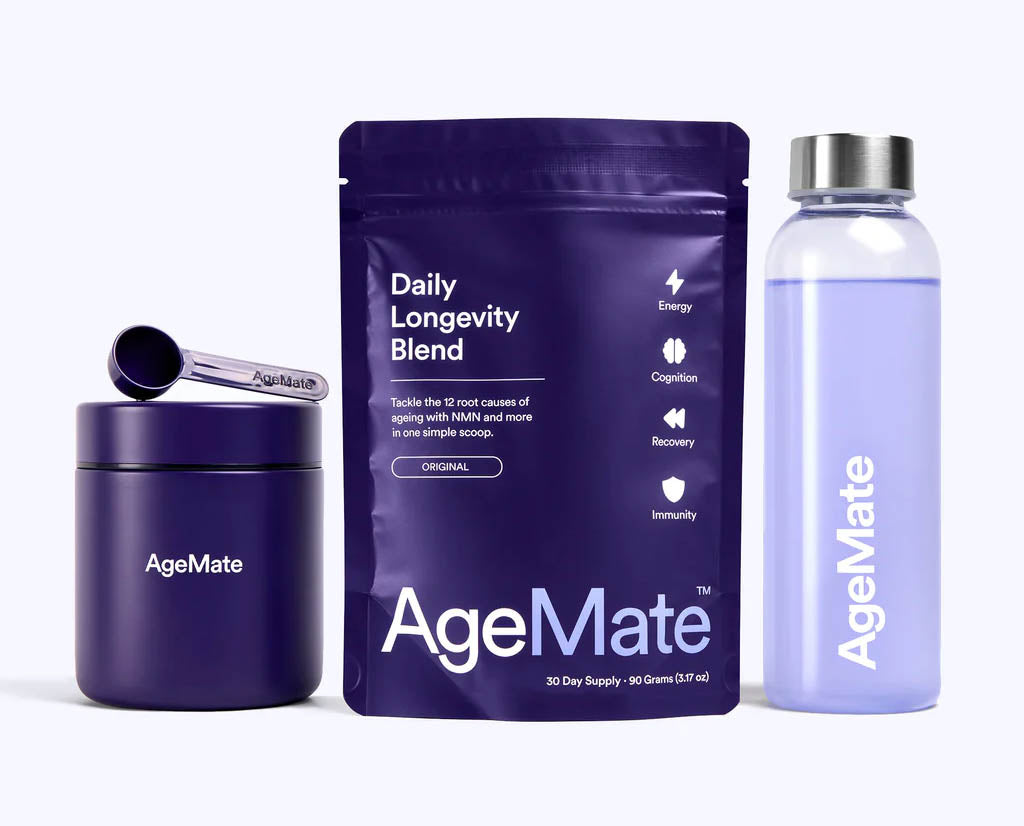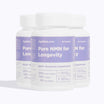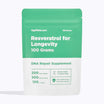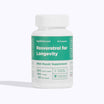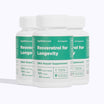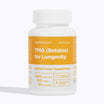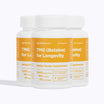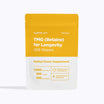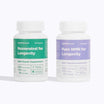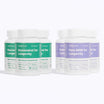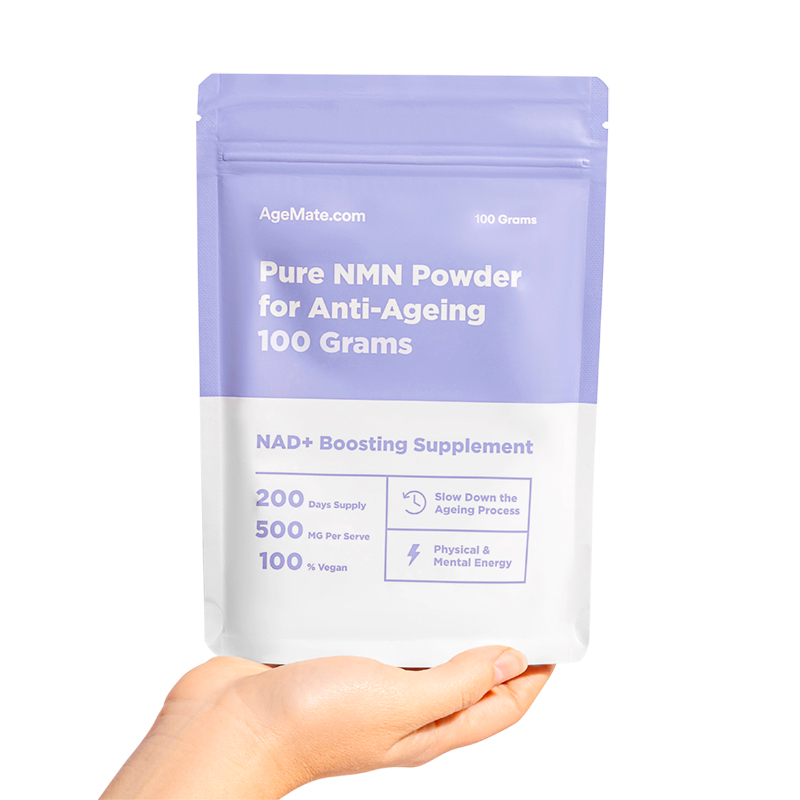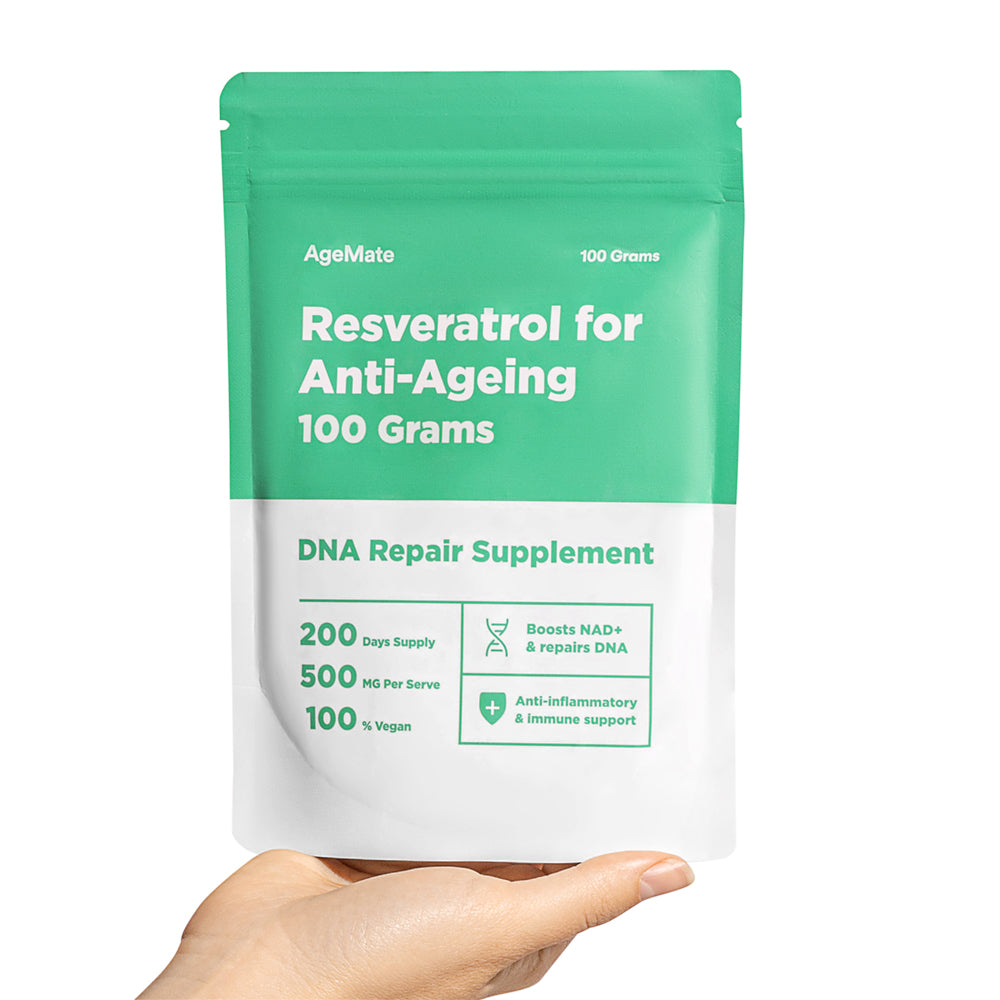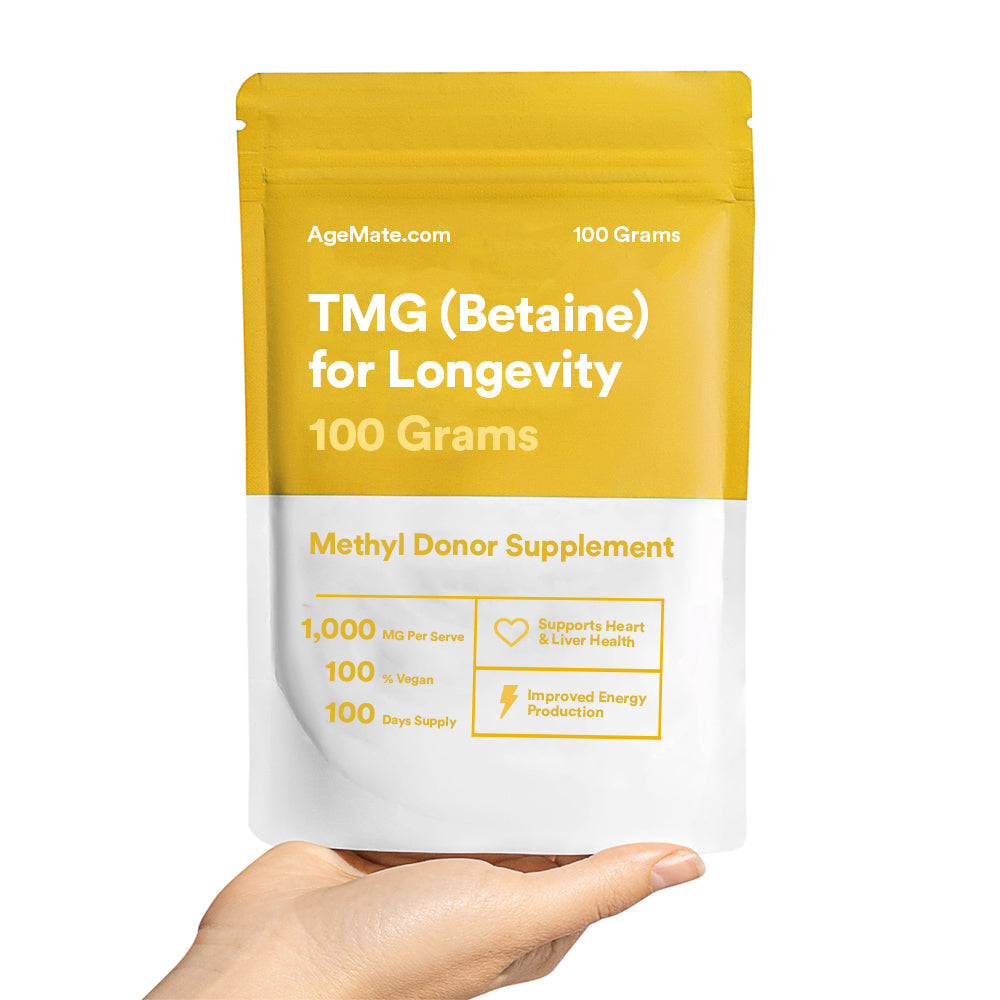Nicotinamide Mononucleotide (NMN) and Nicotinamide Riboside (NR) are both being studied for their potential health benefits, including enhanced energy metabolism and anti-aging effects. A common question arises regarding their impact on hormone levels, particularly estrogen. This piece delves into the current scientific understanding of how NMN and NR supplementation might affect estrogen levels.
Understanding NMN, NR, and Estrogen
Estrogen is critical in both male and female physiology, influencing reproductive health, bone density, and skin integrity. The balance of estrogen is essential for overall health, and any supplement that could affect this balance, such as NMN or NR, merits careful consideration.
Current Research on NMN, NR, and Hormones
Most research on NMN and NR has concentrated on their role in boosting NAD+ levels, which supports cellular energy production, DNA repair, and the activation of sirtuins—key factors in aging. While studies have extensively examined their effects on metabolic health, cardiovascular function, and neuroprotection, less focus has been given to their direct impact on hormonal pathways, including those involving estrogen (R).
Theoretical Impact of NMN and NR on Estrogen
NMN and NR supplementation might indirectly influence hormone levels, including estrogen, by improving overall health and cellular function. A healthier body with enhanced cellular operations could potentially better regulate and maintain hormonal balance. However, this connection is speculative, as direct research linking NMN and NR's effects on estrogen levels is limited.
Sirtuins and Hormone Sensitivity
Both NMN and NR serve as precursors to NAD+, which is crucial for activating sirtuins. These proteins are important for hormone regulation. For instance, they can enhance estrogen receptor sensitivity, thereby affecting how the body responds to its own estrogen—a process important for regulating the menstrual cycle, maintaining bone density, and influencing mood (R).
NAD+ and Estrogen Metabolism
NAD+ plays a role in the activity of 17β-Hydroxysteroid Dehydrogenase, an enzyme that converts estrone to the more active form of estrogen, estradiol. Adequate NAD+ levels are necessary for this conversion, ensuring balanced estrogen levels necessary for various bodily functions. Conversely, a deficiency in NAD+ might disrupt this process, potentially leading to imbalanced estrogen levels and associated health issues (R).
Conclusion
While NMN and NR show promise in supporting health and potentially moderating some aging effects, their direct impact on estrogen levels remains uncertain. As with all emerging science, further research is necessary to fully understand the spectrum of effects that NMN and NR have, including their relationship with estrogen and overall hormone health.
Learn more about NMN’s impact on hormones. Can NMN increase testosterone? Discover more here.

